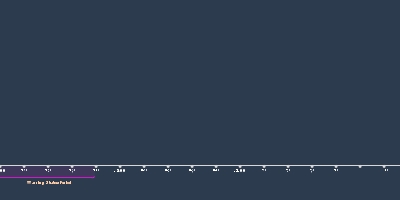**Hasmonean Dynasty (1 März 165 Jahr v. Chr. – 1 Apr 60 Jahr v. Chr.)
Beschreibung:
Judas Maccabeus reigned as not an official king at that point but he reigned over Judea of this time, and there was still battles that raged between him and his family, and his army [on the one side], and Antiochus IV Epiphanes, and then other descendants [on the other].After he died, his brother--one of his brothers became the leader, gradually these different people of this family came to set up their own dynasty of rulers themselves. Their family name was Hasmoneus and so we call this the Hasmonean Dynasty, that's the descendants of Mattathias.
Some of them actually were then proclaimed king, they were recognized as--with the title king by the later rulers of the neighboring areas like the Syria--Greco-Syrian Empire. The Hasmonean Dynasty was in power from the year 165 to the year 60 BCE.
Now, that's the way one people responded to this, they revolted against the rulers. Another way some Jews responded was by believing that military revolt wasn't the way to go, that God would somehow intervene miraculously that God would send an angel or some kind of heavenly figure down to earth and an army of heavenly figures would defeat Antiochus and usher in the new Kingdom of Israel. And that's where you get the story of that from the book of Daniel. I asked you to read Daniel, at least the last part of Daniel for today, if you've got your Bibles take it out and turn with me first to Daniel 8:20. Now the book of Daniel is in two halves. The first half of it tells about the adventures of this young man Daniel who's very, very wise and very smart and very loyal, and who refuses to worship the Persian god. Of course this--these are morality stories written for Jews who were living under Greek domination encouraging them not to worship Greek gods but its past in the distant past.
Yale New Testament pg. 46
Zugefügt zum Band der Zeit:
Datum:
1 März 165 Jahr v. Chr.
1 Apr 60 Jahr v. Chr.
~ 104 years
